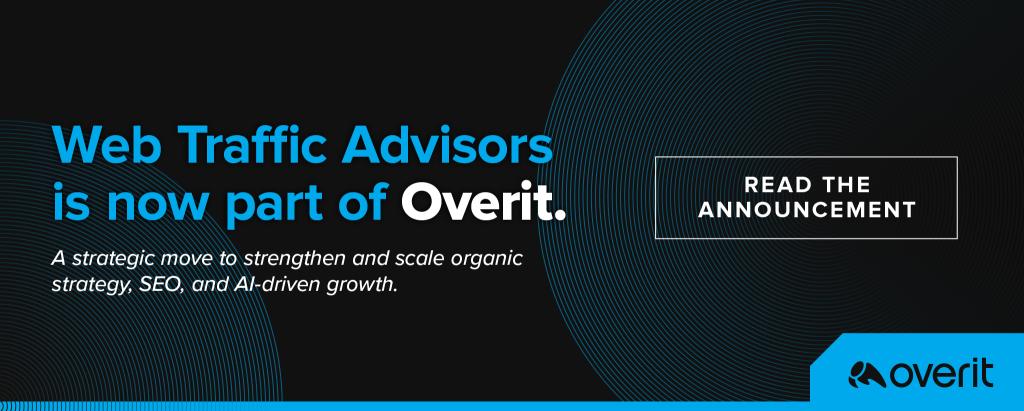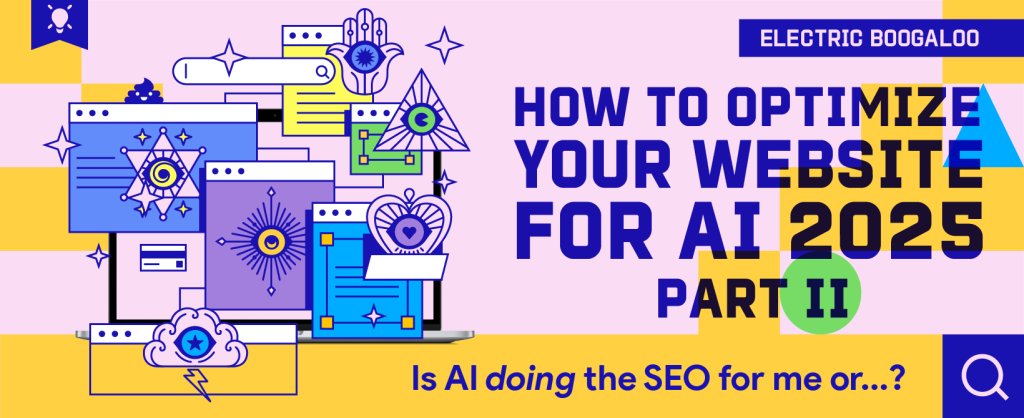Business owners often view PPC as a “set it and forget it” service, something they pay the bills for and want no involvement with, while expecting instant results. However, as with any marketing efforts, success with PPC requires a two-way relationship. As someone who has managed countless online campaigns for small- and mid-sized businesses, I can tell you those who have seen the best results are the ones who are willing to communicate and work closely with their agency to help achieve their goals and see a return on investment.
Identify Goals
While ad impressions and website visits are certainly valuable for driving a brand presence, they do not show ROI. Measurable goals are crucial to a successful PPC campaign (side note: “being on top” is not a measurable goal). For examples of goals that actually show value and match a business’s goals, a sporting goods ecommerce site may desire to sell more baseball bats, or a financial advisor may want to receive more leads from potential clients.
Talk with your agency to determine what they will measure and how they will demonstrate success. Common goals include visits to a “thank you” page after submitting a contact form, purchases through an ecommerce site, and calls to trackable phone numbers.
Understand Metrics
For the average businessperson, a PPC professional speaks in jargon that’s as familiar as a native Martian dialect. “I’m trying to balance your CPC and CPM with CTR to achieve an effective CPA.”
While you certainly aren’t expected to understand every technical aspect of what goes into properly managing a PPC campaign (that’s why you’re paying people who handle PPC as a full-time job, after all), you should take the time to learn the major metrics used in optimizing a campaign. That way you’ll be able to look at reports and have a general idea of how everything ran over the past month, or however often you receive a report. Describing these metrics is a topic for another blog post, but your PPC account manager can help you understand these, and you can find resources online like this article.
Update Your Website
If you think that no matter how dated your website is, you can just pour money into PPC and still see results, you’re wrong. Don’t pay for people to click an ad and land on a page that breaks, looks like it was designed in 1999, doesn’t represent the product or offer seen in the ad, lacks a clear call to action, has no method for a user to convert, or fits every one of these categories.
Following this line of thought, if your PPC agency recommends changes to your site or development of a brand-new landing page before starting a campaign, don’t be afraid to spend some money up front. You will not see a return on investment unless your website is built to work with the campaign.
Be Accessible
If you’re paying an agency to handle your online advertising and expect a return on investment, be available to help them understand your ongoing business needs. While any business owner is juggling multiple activities throughout the day and may not be able to address every message instantly, waiting a week to respond to emails does not lend itself to a successful agency relationship.
Share Information
In line with being accessible, be open with information that will help your PPC account manager keep campaigns up-to-date and understand how well customers are converting to actual sales after their contact through the website. Relay information ahead of time about upcoming sales events and promotions to help keep ad copy fresh and allow time for planning landing pages and graphic ads in advance.
Also, for businesses that don’t sell directly through an ecommerce platform, PPC drives people to landing on a site and filling out a contact form, but the person managing campaigns has no way to see how well people are converting into customers after that point . For example, an appliance repair company may receive appointment requests through its site, or a medical professional may schedule consultations. If a number of non-relevant people are going to the point of filling out a form but not actually turning into paying customers, that is data you need to share with your agency, whether through records in a CRM or numbers you give them each month. Customer data also helps your PPC manager further understand your target audience and refine campaigns.
Be Realistic
Don’t expect a PPC campaign with a small budget to triple your company’s income in the first month. Understand that a new campaign takes time to build credibility with search engines and refine, requiring ongoing experimentation and testing. Running for a couple months helps to discover the keywords members of your target audience are actually using to find your product/service and what ad copy is most likely to attract those people to convert. Stick with a campaign, and with the right people managing it and the right resources put toward needs on your website’s end, you will see results.
Investing money in PPC can yield significant returns when you’re willing to invest the time to work hand in hand with your agency. Take these considerations in mind and make the effort to understand how you can help your agency run campaigns that will deliver success on all ends.







